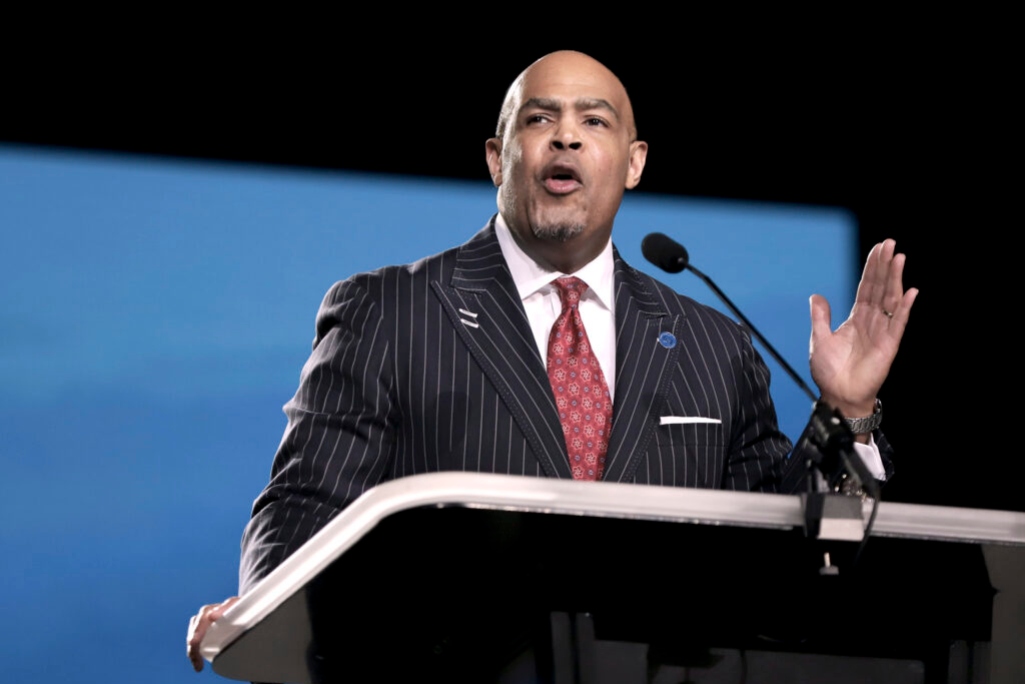The days when families attended church without question and every time the doors were opened is a pleasant memory.
Today’s families are busier than ever. Practices and extracurricular lessons, two-income wage earners, family commitments and travel sports teams mean families often spend more time in the car than at home or church.
Church attendance, in general, is on the decline due to many reasons, including affluence that permits frequent vacation travel, online church, general exhaustion and parents’ work schedules. A child who is considered a “regular attender” today comes to church three times per month, on average.
If church attendance is no longer a priority for families, what is the church to do? Churches need to focus on equipping parents to disciple their children at home (Deuteronomy 6:4-9). Sermons, training opportunities and teachings on the importance of discipleship for children need to be offered. Training can be offered to parents in using the supplemental materials provided by church curriculum, such as take-home sheets, social media information and apps for electronic devices.
Churches must acknowledge parents’ expectation of safe, secure, clean and attractive teaching environments. This includes conducting background checks for all volunteers and having written safety and security policies and procedures that are clearly enforced.
Using technology in children’s ministry has its place, but churches need to balance the use of technology and “edutainment” with opportunities for building relationships between children and caring adults who desire to disciple children in small-group settings. The Bible should be taught as God’s one grand narrative made of many stories, chapters and books.
Consider the importance of children’s discipleship in the life of the child and the church. George Barna’s research states that a child’s moral standards are set by age nine. Their spiritual foundations are set by age 13.
We must make the most of this critical time both at home and at church. Excellence in facility and teaching staff is critical. Children need to know that they are part of the church family and should not always be segregated from the adult population. Children learn to be disciples as they interact with adult leaders and parents who model the life of a disciple. Churches that understand and see this truth as a guiding principle for their children’s ministry will thrive.
(EDITOR’S NOTE – Cheryl Markland serves as the senior consultant for childhood evangelism and discipleship with the Baptist State Convention of North Carolina. She will be leading a breakout session titled “Change and Kids Ministry” at the Leading Change in the Church event on March 7 at Calvary Baptist Church’s West Campus in Advance. To learn more or register, visit leadingchange.church.)


